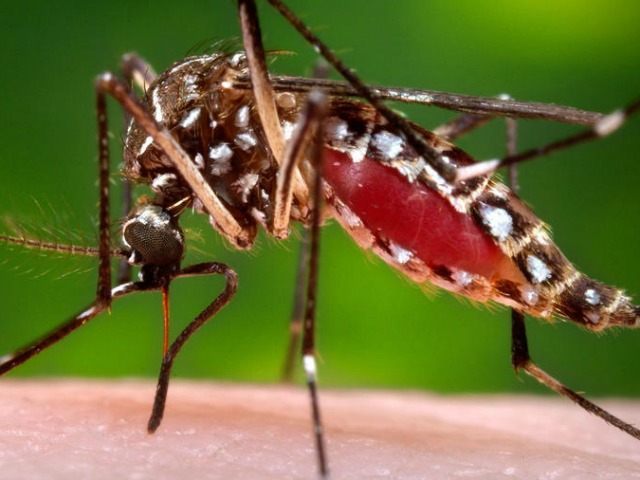One of two remaining holdouts against Zika on the Western Hemisphere has confirmed its first locally acquired case of the enigmatic virus. The government of Chile has confirmed that a Zika patient contracted the disease from a sexual partner who had been to Haiti.
With Chile documenting its first locally acquired case, Canada remains the only country in the Western Hemisphere devoid of Zika.
Chile’s Health Ministry described the patient as a 46-year-old woman whose partner had traveled to Haiti and contracted Zika, then transmitted it sexually to her. While the Chilean government has confirmed individuals with Zika to have entered the country in the past, these were not considered local cases, as they had been exposed to the virus abroad and posed little to no risk of transmitting it to others within Chile. Ten individuals, confirmed to have traveled to Venezuela, Colombia, and Brazil, are the previously monitored cases.
“Despite the confirmation of these cases, this is not a health risk for the population, since continental Chile does not have the mosquito that transmits the disease,” Chile’s Health Minister Gisela Alarcon said last week, before the latest case was confirmed.
Chile does not have a population of Aedes aegypti, the mosquito known to carry dengue, yellow fever, and chikungunya, as well as Zika. Without the mosquito, the only known way for Zika to enter a human bloodstream is through sexual contact. Authorities in the United States suggest that men who have contracted Zika wait at least six months before attempting to conceive a child, while women are advised to wait two months.
Conceiving children is a paramount concern for those who contract Zika. While its symptoms – fever, fatigue, and conjunctivitis in some cases – are mild, and up to 80 percent of those affected are asymptomatic, scientists in Brazil have found a link between the Zika virus and a birth defect known as microcephaly, in which an infant is born with a skull too small for his or her brain, crushing the brain and causing significant brain damage. Brazil has documented 6,480 cases of microcephaly suspected of having ties to Zika as of last week, with authorities at the World Health Organization (WHO) expecting at least 2,500 of those to be confirmed as Zika-related.
The government of Panama has confirmed one case of Zika-related microcephaly, while Colombia is currently investigating 41 cases. Scientists have yet to explain why the Zika virus appears so much more likely to cause microcephaly in pregnant women in Brazil than other affected areas.
Brazil and Colombia are considered the hardest-hit nations in this particular Zika outbreak. Many suspect Venezuela also boasts thousands of cases, but due to the collapsing infrastructure of its socialist healthcare system, documentation regarding Zika cases in Venezuela is limited. Colombian officials have also accused Venezuelan government officials of intentionally avoiding documenting Zika.
The microcephaly cases have triggered a push by leftist politicians and organizations to reconsider Latin America’s strict pro-life laws and allow women to abort their children if they are found to have Zika. In Brazil, abortions are allowed to save the life of the mother, and all abortions must be approved by a judge. Abortionist organizations have, nonetheless, promoted the termination of pregnancies in cases of Zika, even when no evidence exists that the child will develop a neurological disorder. The Brazilian government has also had to struggle with illegal smuggling of abortion drugs into the country from pro-abortion organizations working internationally. Amid protests from pro-abortion groups that the government should not intervene when said groups ship illegal drugs into the country, Brazilian authorities have emphasized their “duty” to uphold the law.
The Latin American tourism industry has raised concerns that the notoriety of the Zika virus will hurt the industry significantly, as many reconsider their vacations in the region, particularly if they are expecting a child. The Centers for Disease Control (CDC) in the United States has issued travel warnings for the affected areas, and a number of hotel chains reported a small spike in cancellations. The impact remains small; however, some wonder whether tourism to one event in particular – the 2016 Summer Olympics in Rio de Janeiro – will suffer amid Zika concerns.

COMMENTS
Please let us know if you're having issues with commenting.